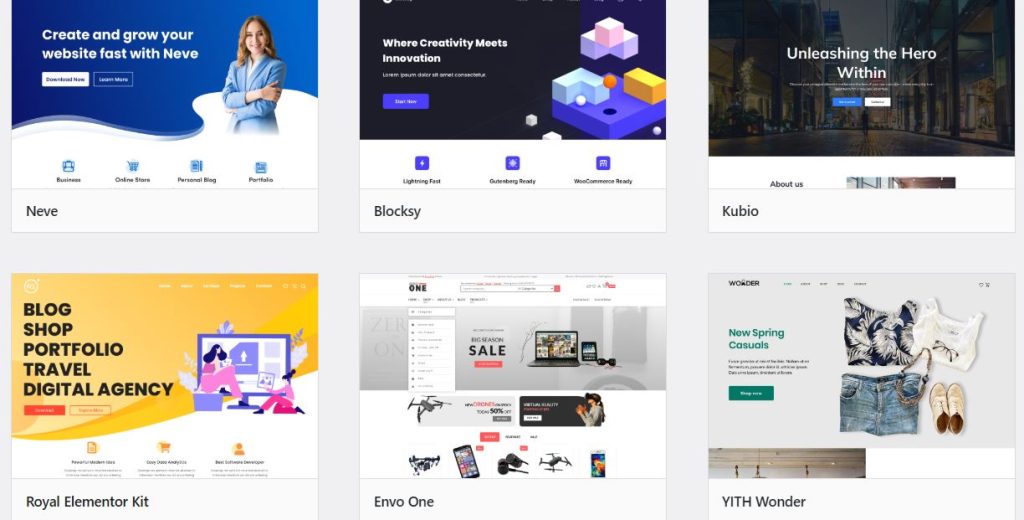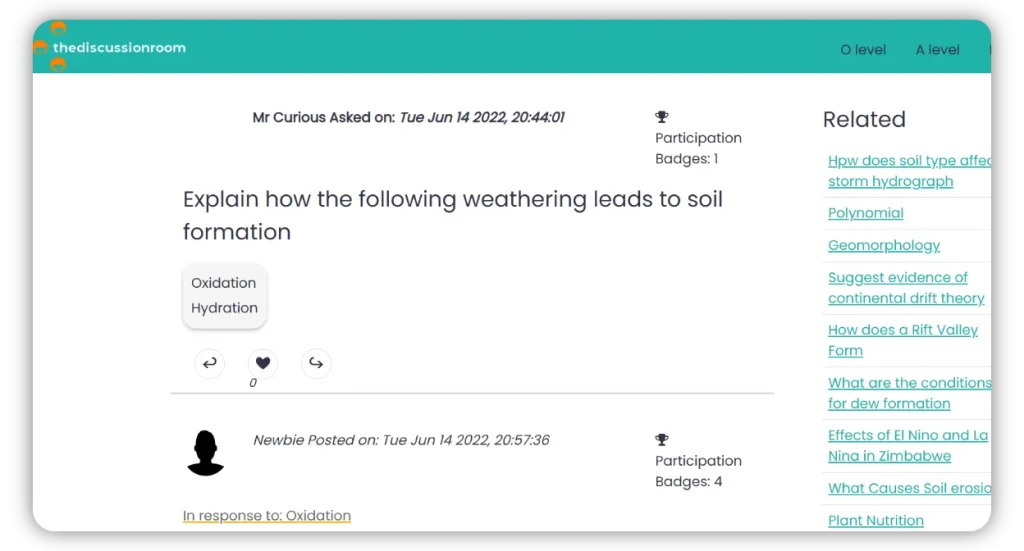
When building a website, one of the first and most important decisions you’ll face is choosing between a template-based website and a custom-built website. Each approach has its pros and cons, and the right choice depends on your business needs, budget, and long-term goals.
In this article, we’ll explore the key differences between templates and custom-built websites, comparing their cost, design flexibility, performance, scalability, SEO benefits, and more.
What Is a Template-Based Website?

A template website (also known as a pre-designed theme) is a ready-made layout that you can customize to a certain extent. Platforms like Wix, Squarespace, WordPress, and Shopify offer thousands of templates, allowing users to quickly launch a website with minimal coding or design skills.
Advantages of Template Websites
- Affordability: Templates are generally cheaper to set up and maintain.
- Speed of Deployment: You can launch a website in hours or days.
- Ease of Use: Most template platforms offer a way to edit the website easily: fonts, colours etc.
- Variety of Options: Thousands of designs available for different industries.
- SEO Optimised: Most templates are already optimised for SEO, giving you a boost in rankings
Disadvantages of Template Websites
- Limited customisation: You’re constrained by the structure of the template.
- Generic Design: Many businesses use the same template, which may affect uniqueness.
- Performance Issues: Templates can be bloated with unused features or code. Additional plugins you add may add to the site’s load
- SEO Limitations: Some templates aren’t fully optimised for SEO best practices.
- Bugs & Errors: Template websites may come with bugs that you may not be able to fix.
What Is a Custom-Built Website?

A custom-built website is created from scratch, tailored specifically to your brand, goals, and technical requirements. It’s typically developed by web professionals using HTML, CSS, JavaScript, PHP or frameworks like Laravel, React, or custom WordPress themes and plugins.
Advantages of Custom-Built Websites
- Unique Design: 100% tailored to your brand identity.
- Flexibility: Every aspect of the site can be built to your specifications.
- Optimised for Better Performance: Optimized code leads to faster loading times.
- Scalability: Easier to grow and adapt as your business evolves.
- Advanced SEO Capabilities: Clean code structure, custom metadata, and schema integration improve search engine rankings.
Disadvantages of Custom-Built Websites
- Higher Cost: Custom websites can be significantly more expensive.
- Longer Development Time: It may take weeks or months to build a custom website.
- Requires Expertise: Needs a skilled developer or team to build and maintain.
Templates vs Custom-Built Websites Comparison Table
| Feature | Templates | Custom-built |
|---|---|---|
| Cost | Low | High |
| Launch Time | Fast (hours to days) | Slow (weeks to months) |
| Design Flexibility | Limited | Unlimited |
| Performance | Average to Poor | High |
| SEO Optimization | Basic to Moderate | Advanced |
| Maintenance | Low to Moderate | Moderate to High |
| Scalability | Limited | Highly scalable |
| Uniqueness | Shared by others | Unique to your needs |
SEO Considerations: Which Is Better?
Search Engine Optimization (SEO) is critical for online visibility. Here’s how both options compare:
Template Websites and SEO
- Some templates may not be fully SEO-optimised out of the box.
- Templates may include unused scripts and bloat, causing slow loading.
Custom Websites and SEO
- You control every element: metadata, page speed, schema markup, and mobile responsiveness.
- Clean code and optimized architecture lead to better crawlability and indexing.
- Custom-built websites generally provide superior SEO capabilities when done right.
When to Choose a Template Website
- You need a simple site up and running quickly.
- Your budget is limited.
- Your project doesn’t require advanced functionality.
- You don’t need a unique or highly customised design.
When to Choose a Custom-Built Website
- Your brand needs a unique and professional online presence.
- You have specific features or complex functionality in mind.
- SEO and long-term scalability are critical.
- You’re planning for future growth and integration needs.
Final Verdict: Which Should You Choose?
Templates vs custom-built websites comes down to balancing cost, time, and goals. If you’re a startup, freelancer, or small business looking for a quick, affordable, and simple online presence — templates may serve you well. If you’re building a serious business, eCommerce platform, or long-term digital strategy — investing in a custom-built website is usually worth it.
FAQs
What is the difference between a custom website and a template?
A template is a pre-made website with standard features, while a custom-built website is made uniquely to your needs
Do professional web designers use templates?
Yes, sometimes they do for quick projects under a tight budget. They can also customise a template to the client’s needs.
Is a website builder better than custom development?
Website builders are great. They offer quick drag and drop capabilities without hard coding. However, they can be limiting. Custom development ensures control of every aspect of a website
How costly are website templates?
There are free and paid templates. Paid templates can range from $30 – $100 or more depending on features
This page was written with the assistance of AI. Read more about our AI usage policy
Need a Custom Website?
At Public Methods, we use custom-designed templates for customers who cannot afford a custom build. We also build fully-custom websites for specific needs
